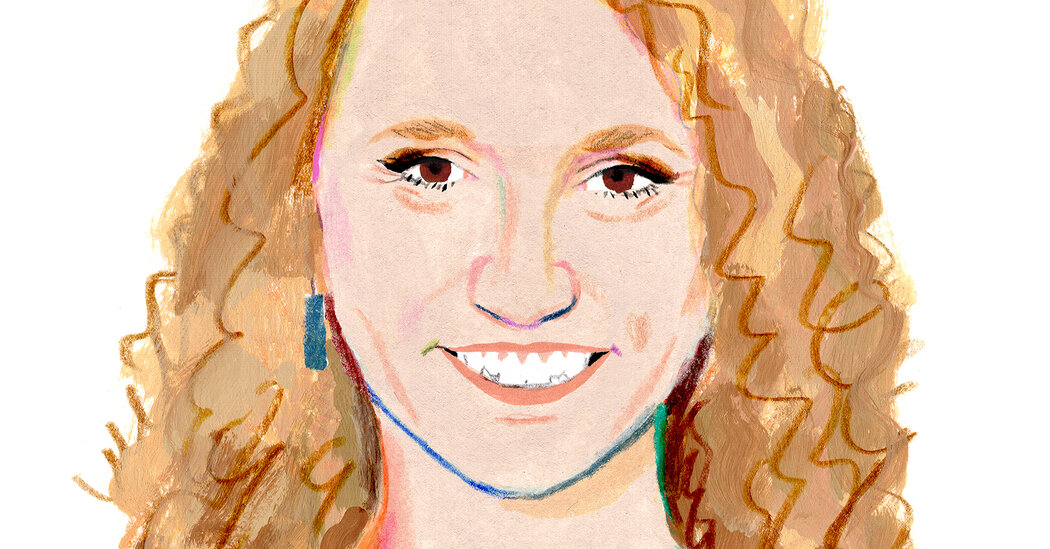
What books are on your night stand?
Charlotte Lydia Riley’s “The Free Speech Wars.” She and I have agreed to write for a Penguin Random House UK series of short books that will offer opposing views on substantive issues of the day. Ours will address the question “Is Free Speech Under Threat?” (You can guess which side I am on). I badly want to read Salman Rushdie’s “Knife” and have brought it with me on a few short trips, but not yet found myself in the emotional space to dive in. And Sarah Lewis’s “The Unseen Truth,” which isn’t out until September, is a riveting account of the visual lenses through which we do and don’t see and understand race.
Knowing how embattled writers are right now, is it hard for you to simply read for pleasure?
Honestly, yes. We are dealing with the horrors of war between Israel and Hamas, with a devastating toll on all those affected, including writers. In Ukraine, writers are fighting on the front lines, and our colleagues at PEN Ukraine are using books and literature to nourish an embattled nation. Our core work is on behalf of individual writers who are threatened, jailed and sometimes tortured or killed because of what they express, and those numbers are going up. It does make it hard to sleep sometimes.
What kind of reader were you as a child? Which childhood books and authors stick with you most?
My breakthrough was “Danny and the Dinosaur” by Syd Hoff, when I first realized I could read on my own. Things took off from there, and by second grade, I had honed in on paperback love stories that I couldn’t possibly have understood. I still have a dog-eared copy of “Anne of Green Gables,” given to me by my third-grade teacher, Mrs. Dorros, as a prize with the inscription, “Suzanne, I know you wanted a love story, but this is a timeless tale I hope you will enjoy.” (I did eventually, after getting over my initial annoyance at being told what to read).
Describe your ideal reading experience (when, where, what, how).
A novel has to be immersive, and a world needs to come to life, drawing on places I have been or can imagine. I set Elizabeth Strout’s books near a summer camp in Maine where I was a counselor. My setting for Mohsin Hamid’s “Exit West” was Hong Kong. I can conjure the image of cabins in the woods at Camp David that lodged in my head when I read Lawrence Wright’s “Thirteen Days in September.” That said, it’s hard to inhabit a different geography and world by reading just a few pages a night. I need a certain amount of time for the landscape of the book to set up camp in my brain. So, my ideal reading experience is on a beach or a Balinese bed poolside, shifting from position to position throughout the day to avoid sunburn while being lost in another realm.





